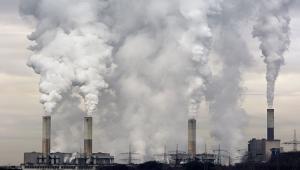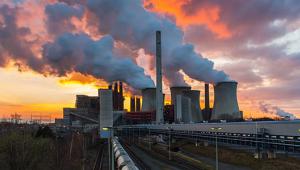The OECD, UN Environment and the World Bank have said in a report released at the G20 summit in Buenos Aires governments needed to adopt a “transformative agenda” if they are to meet the Paris Agreement goal of cutting CO2 emissions and ’build resilience’.
The G20 are meeting in Argentina today and tomorrow.
Gabriela Ramos, OECD chief of staff and G20 Sherpa, said: “Investing in low-carbon, climate-resilient infrastructure is vital for the future of the planet, and it can also drive economic growth.
“The infrastructure challenge creates incentives for reforms that can deliver better performance on both counts. We are losing time though – if we want to deliver we need to move much faster and achieve a systemic shift of trillions of dollars in green investment.”
Energy, transport, buildings and water infrastructure contribute over 60% of greenhouse gas emissions, the organisations said in the report, called Financing Climate Futures: Rethinking Infrastructure.
Public and private investments should be in line with the Paris goals, it added.
This included integrating climate concerns into all budget decisions and considering low-emissions in public procurement decisions.
‘Scaling up’ public and private investments in low-emission and sustainable infrastructure is “critical” to avoid “carbon lock-in”, the report added.
Kristalina Georgieva, chief executive officer of the World Bank, said: “We cannot ignore the new reality of powerful weather events that threaten jobs, homes, food security and other critical areas of our lives.
“The infrastructure that is built today must be ready to cope with tomorrow’s changing climate. We need the right incentives and regulations to urgently accelerate funding to these projects.”
An OECD analysis from last year found that global GDP could increase by as much as 5% by 2050, by shifting investment into low-carbon options and implement structural reforms.







